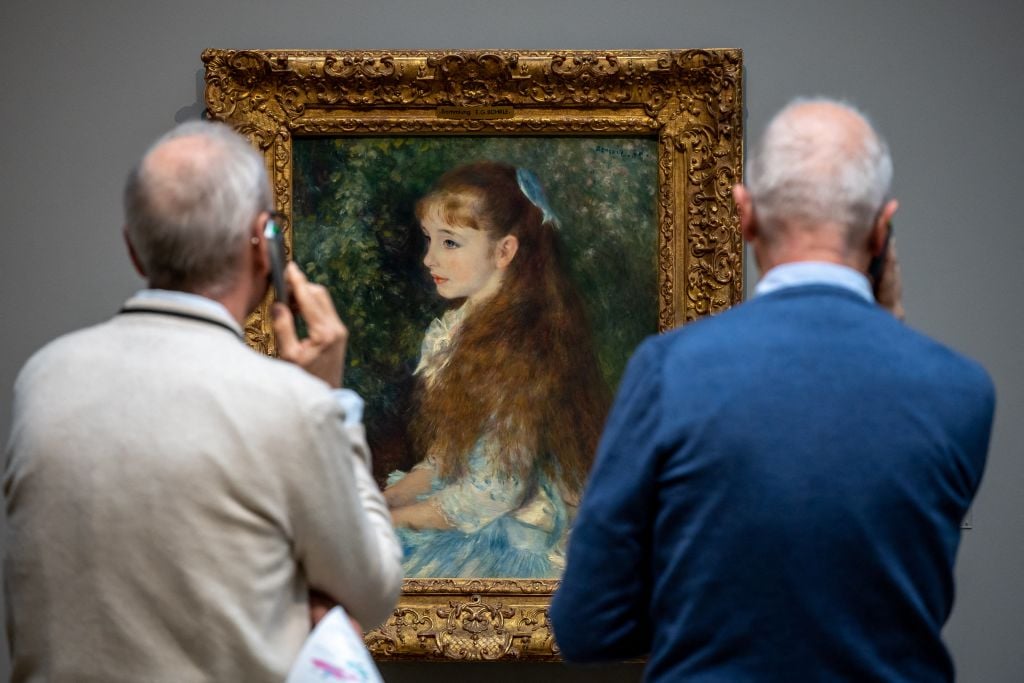
Switzerland’s Federal Council agreed yesterday to set up a new independent committee to advise on disputes over art that was looted during the Nazi era. The panel will also be consulted over repatriation claims made about cultural objects that came to Switzerland due to colonialism. It will be formed of nine to 12 experts and becomes active in the new year.
The new Independent Commission for Historically Contaminated Cultural Heritage will offer recommendations that are not binding. In this way, it follows in the footsteps of similar initiatives, like Germany’s Limbach Commission, established in 2003, and Austria’s Commission for Provenance Research, established in 1998. That same year, the Washington Principles on Nazi-Confiscated Art were first officially declared, which the Swiss government endorsed.
According to Monopol, the decision to set up a similar committee in Switzerland was triggered by the recent controversy surrounding the exhibition of artworks collected by Emil Bührle at the Kunsthaus Zurich. The German-born Swiss arms manufacturer, who died in 1956, is thought to have benefitted from the questionable sales of art that was either looted from its Jewish owners or sold for cheap as they fled the Nazis.
The Kunsthaus received the works as a permanent loan from the Bührle Foundation. Over the summer, an art collective “hacked” the exhibition by replacing QR codes that linked to provenance information with new versions redirecting visitors to a website that described Bührle as “a Nazi sympathizer, an authoritarian militarist, at best a war profiteer—but probably a war criminal.” (The Bührle Foundation claimed that 13 looted works were returned to their rightful owners in the 1940s, of which nine were later repurchased by Bührle, according to Euronews.)
Since this incident, the museum has opened a new exhibition titled “Art, Context, War, and Conflict” (until December 31, 2024), which attempts to better contextualize any questionable works by spotlighting the stories of their former Jewish owners. These efforts have been roundly criticized as inadequate.
Unlike Germany’s Limbach Commission, which mediates only when two parties cannot resolve a dispute, the Swiss panel must act even when only one party voices a demand. Inquiries can be made via Switzerland’s Federal Office of Culture.
More Trending Stories:
Masterpiece or Hot Mess? Here Are 7 Bad Paintings by Famous Artists
Who Won Auction Week? Here Are 9 Takeaways From New York’s Nearly $2 Billion Fall Sales
Kurt Cobain’s Old Jeans Just Set an Auction Record for Levi’s
Seller’s Remorse: How a Thrift Store Owner Let a $191,000 Painting Slip Through His Fingers for $4
A Prankster Used A.I. to ‘Improve’ Edward Hopper’s Classic ‘Nighthawks’
Chinese Artist Chen Ke Celebrates the Women of Bauhaus in a Colorful, Mixed-Media Paris Debut
A Centuries-Spanning Exhibition Investigates the Age-Old Lure of Money
Meet the Woman Behind ‘Weird Medieval Guys,’ the Internet Hit Mining Odd Art From the Middle Ages